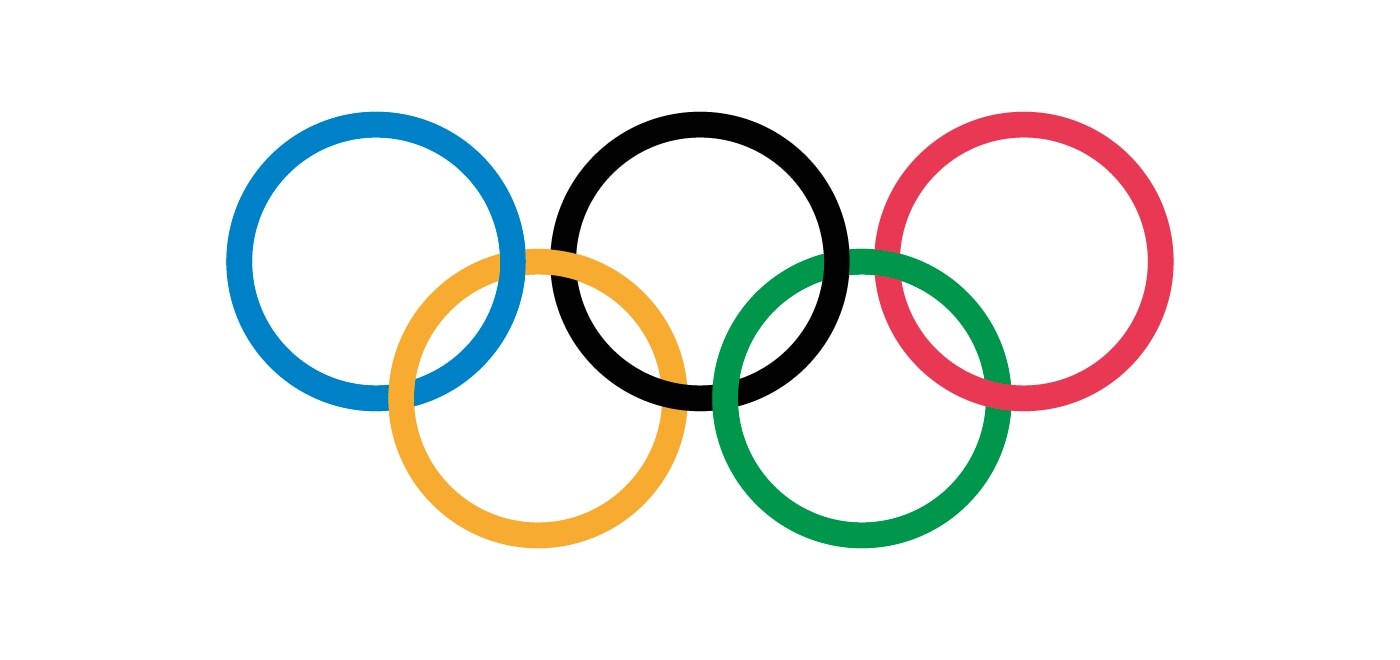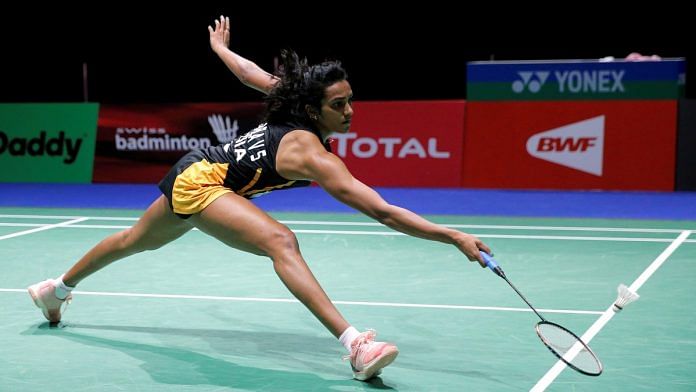Your Cart is Empty

July 18, 2021 6 min read

The Olympics is a mega-event which consists of 35 different sports, 53 disciplines and more than 400 events with the participation of around 200 countries. It is a platform for around 15,000 athletes to showcase their skills. The success of the athlete dictates the success of the nation in an international setting. In the presence of a various strains of the COVID-19 virus and influx of around 10,000 athletes from across the world, should the Tokyo Olympics take place?

Financial investment
The contract between the International Olympic Committee (IOC) and the host country has a clause which entitles only the IOC to cancel the event. The potential financial reason why the IOC is not cancelling is because they generate around 75% of their revenue by selling television rights and sponsorship.
The only time the Games have been cancelled is due to World War and this would be symbolic for all the participating countries in general given the current situation where we are still in the fight with the pandemic.
Japan has the right to withdraw as the host nation, but sources reveal that Japan has already invested around 15 billion USD and if Japan withdraws the financial loss will be borne by the local entities of Japan involved in conducting the tournament. If the IOC and Japan mutually come to a consensus to cancel the event, the insurance will pay off the direct costs incurred but not indirect costs. For instance, the costs of a restaurant renovating its premises to create a better experience for international tourists may not be covered if the Olympics is cancelled by mutual agreement.

P.V. Sindhu during her quarter-final women's singles match against Chinese Taipei's Tai Tzu Ying during 2019 Badminton World Championships | ANI
Tenure of Peak Athletic performance
When it comes to sports, it goes without saying that there is an expected age range for peak performance. Badminton is no different. If the Olympics were to be cancelled and conducted after 4 years, the athletes would lose their chance to perform at their peak potential. For badminton, the peak age for Asians is around early to mid-twenties. Let’s consider Pusarla Venkata Sindhu, an Indian Badminton playercurrently aged 26; if the Olympics were to be cancelled, the next opportunity for her to perform will be after 4 years when she will be aged 31 where she potentially would have lost the opportunity to perform at her athletic peak. Athletes train for years for the Olympics and taking that away from them would be unfair.
The Pride of Japan
Another reason why Japan is not withdrawing from the games is because of the value for Japan to host the games. In the past, Japan hosted the Summer Olympics in 1964 after being impacted by a nuclear attack during World War II; It was considered as a symbol of reviving from the catastrophic attack. From the perspective of Japan, conducting the event would imply that they have the pandemic situation under control.

Potential political implications
The Prime Minister of Japan has announced to work in compliance with the IOC and apart from the financial investment of Japan, speculations are that the reason why this event is conducted is because if the ruling party is able to pull off a mega-event in the middle of the pandemic without any outbreaks, it will add to the glory of the ruling party thereby maintaining their dominance in the next tenure.
The precautionary regulations by the IOC
The key precautionary measures mentioned by the IOC to limit the transmission of the virus includes:
Most of the athletes will be vaccinated and although being vaccinated is not mandatory, the IOC has recommended it. The officials with them may or may not be vaccinated as well. The potential reason why athletes might not get vaccinated is to not have an adverse impact on their performance. However, the World Anti Doping Agency (WADA) reassures the participants that thee research suggests there will be no impact on performance if an athlete is vaccinated. Any individual can experience a mild fever or soreness for a day or two and that is completely normal for any vaccine.
Domestic opposition to the Olympic and Paralympic Games
Japan is in a state of emergency and major polls and small firms are in the favour of either cancelling or further postponing the tournament. Polls suggest that 60-80% of the Japanese citizens either want a cancellation or the tournament postponed since they are apprehensive about the virus. A corporate survey shows that 37% of the small businesses are in favour of cancelation and 32% of the firms are in favour of postponing given the current scenario. There has been an online petition signed on May 14 to cease Tokyo Olympics which was submitted to the IOC by Japanese organisers. This petition was drafted by Kenji Utsunomiya with more than 350,000 signatures within the span of nine days. Further, some local governments have refused to offer beds or any other medical services to the international athletes. 6,000 staff members from the Tokyo Medical Centre have also published a letter to not conduct the tournament. Speculations are that this event can cause a rebound of the virus.
One of the factors to consider is the slow rollout of the vaccine in Japan which makes the local citizens at risk to the virus. With more than 10,000 international athletes, the chance of spread of the different variants across the community is quite high. 15% of the entire population has been vaccinated which is quite low and not close to a level that would confer herd immunity. Considering that Japan is tackling with the fourth wave of the Coronavirus, having the games with its large international influx could surge the infection rates in the community.
Badminton in the Olympics
Badminton is an indoor sport and the chances of increased rates of infection in a closed setting is much higher than in an outdoor setting. When playing in an indoor setting, the factors to consider are the amount of ventilation, proximity among the players and strictness around wearing masks. Since the venue (Musashino Forest Sport Plaza) is a multipurpose court built in accordance with the Olympic standards, we can be confident that the courts will be well ventilated which reducing the chances to contract the virus. In terms of proximity among the players, the players in the Singles category are well distant because they have their designated side of the court. In terms of doubles, there are 2 players on the same side of the court. Although the players from a country would be spending time in close contact regardless, the increase density of people on court is an added risk. Notably, there is also the increased interaction risk for players that may be playing both mixed doubles and men’s doubles; for example, Yuta Watanabe of Japan who is competing in Men’s doubles with Hiroyuki Endo and Mixed doubles with Arisa Higashino.
The points above clearly indicate one thing that’s more important than the number of people coming in the country, it is more important how they behave.

Epidemiological perspective on the Olympics
The general epidemiological research suggests that there is scanty or no evidence that Olympics will increase the rate of infections in the community.
Taisuke Nakata a researcher in Tokyo Olympics used some epidemiological metrics to determine the factors which account to the spread of the virus in Japan.
The article made some harsh assumptions which include: 50% or less people coming in the country being vaccinated, negligence to the COVID protocols and around 100 infections missed at the border on arrival. After making these assumptions, the study shows that the increase in infections will be only 2%. In fact, this research suggests that the increase in people’s movement to the capital has more potential to increase the spread of the virus than conducting the Summer Olympics itself. Despite this epidemiological model’s results, it is important to recognise that an increase in infections regardless of the rate, can lead to an increase death toll and would that really justify the event going ahead?
With that being said, do you think the Olympics should happen or not?
References:
1. Main Image - Sergei Bachlakov/Dreamstime.com
2. Olympic Rings - Wikipedia
3. https://theprint.in/sport/i-retire-says-badminton-champ-pv-sindhu-on-twitter-but-thats-not-the-real-message/535482/
4. https://thediplomat.com/2020/12/official-costs-of-tokyo-olympics-up-by-22-to-15-4-billion/
5. COVID Virus - https://www.rochester.edu/newscenter/wp-content/uploads/2020/03/coronavirus-illustration.jpg
6. https://mainichi.jp/english/articles/20210624/p2a/00m/0sp/015000c
7. https://www.nejm.org/doi/full/10.1056/NEJMp2108567
8. https://images.wsj.net/im-324684?width=1280&size=1.33333333
9. https://www.dailysabah.com/sports/latest-poll-finds-over-80-in-japan-oppose-tokyo-olympics-this-year/news
10. https://www.reuters.com/article/us-japan-olympics-poll-idUSKBN2A803H
11. https://www.insidethegames.biz/articles/1106556/poll-shows-public-against-tokyo-2020
12. https://www.asahi.com/ajw/articles/14357743
13. https://www.reuters.com/article/uk-olympics-2020-japan-companies-poll-idUKKCN2D12U6
Jeff is an ex-international badminton player who represented Australia at the Commonwealth Games (twice as a player & once as a coach), World Championships, All England Championships and multiple Thomas and Sudirman Cups. He was the Australian National Coach, Senior State Head Coach and is the co-founder of Volant badminton & The Badminton Podcast. Jeff is extremely passionate about building the worldwide badminton community & showing the world how incredible our sport really is.
Comments will be approved before showing up.

December 30, 2025 2 min read
When badminton rackets clash, it’s not the brand or price that determines which one breaks—it’s physics. Angle, direction, and speed of impact often mean one racket absorbs the full force while the other escapes without damage, even at the highest levels of play.

August 20, 2025 2 min read

July 17, 2025 2 min read
Shuttlecocks aren’t cheap, and replacing them constantly stings the wallet. With a little care, though, you can stretch their lifespan and keep your game flying high. Whether you’re using feather or nylon, here’s how to make them last—plus why Volant Badminton’s options are worth your shot.
Be the first to know when a new blog post comes out!
Curated articles, tips and advice, tailored to the sport of badminton.
Sign up and enjoy 10% off your first order.

Join the Volant Community and improve your game!
*Discount code excludes shuttlecocks